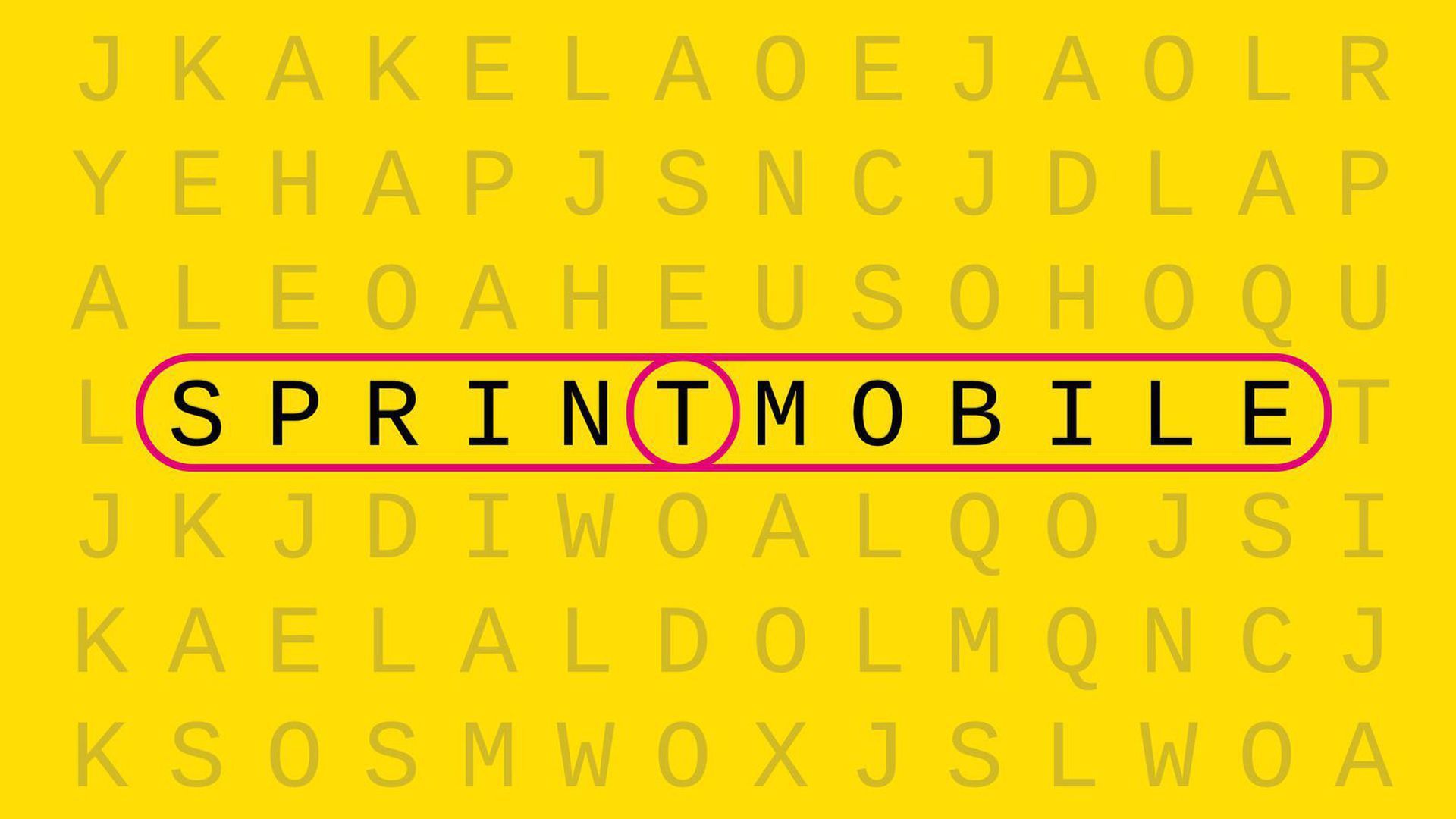T-Mobile's fight for Sprint deal goes to court
Add Axios as your preferred source to
see more of our stories on Google.

Illustration: Rebecca Zisser/Axios
The success of T-Mobile's long-fought-for bid to acquire Sprint is about to come down to whether a federal judge believes that the deal will boost or harm competition.
Why it matters: The FCC has approved the deal and the Justice Department has settled with the companies, leaving this case, in which 14 state attorneys general have sued to block the merger, as the primary remaining obstacle.
What the states say: Going from four national wireless carriers to three will inherently and necessarily reduce competition, eventually resulting in higher prices, particularly for low-income consumers.
What T-Mobile says: The company has been a disruptor in wireless, ending 2-year contracts and other consumer-unfriendly practices and forcing others to follow suit. There are actually more competitors today, including the cable companies and companies like Tracfone, while terms of the Justice Department's settlement ensure that Dish Network will emerge as another viable competitor.
Wild card: One of the biggest flashpoint is likely the Dish question. To settle with the Justice Department, T-Mobile agreed to a multipart deal in which it will:
- Sell Sprint's prepaid brands (Boost, Virgin and Sprint Prepaid) to Dish Network, giving the company roughly 9.5 million subscribers.
- Make available at least 20,000 cell sites to Dish.
- Divest some spectrum in the 800-MHz range to Dish.
- Provide Dish with "robust access" to the T-Mobile network for at least 7 years while Dish builds out its 5G network.
- engage in "good faith" negotiations about leasing some of Dish's existing 600 MHz spectrum.
As a result, T-Mobile says Dish will be able to hit the ground running in a way that no challengers have ever been able to.The states, meanwhile, argue in a court filing that T-Mobile should not be allowed "to proceed with an anticompetitive merger based on the hope that Dish will one day grow into a viable wireless company equal to a competitor that already exists today."
Between the lines: There is certainly truth in both sides' arguments, and a lot hangs on how the court imagines the competitive landscape will look in a couple of years, with or without this deal.
- It's also worth noting that while 14 states are going to trial against the deal, led by New York, a number of states have dropped out, including Texas and Nevada, which have settled with T-Mobile.
My thought bubble: T-Mobile's own success is one of the biggest hurdles in its case. It's tough to argue that it hasn't thrived as a smaller rival given it has led the industry for years in gaining customers. And a lot of T-Mobile's strongest moves came after regulators scuttled AT&T's bid to buy T-Mobile. That said, Sprint is clearly struggling, and the economics of building a nationwide network with fewer customers are tough.
What's next: The case in U.S. District Court in New York is expected to last 2-3 weeks.
Go deeper:
- Doubts over Dish's strength as a fourth wireless player
- Dish Chairman Charlie Ergen says history will vindicate him on 5G
Editor's note: This story has been corrected to indicate that after acquiring Sprint's brands, Dish Network will have 9.5 million subscribers (not 9.5 billion).
